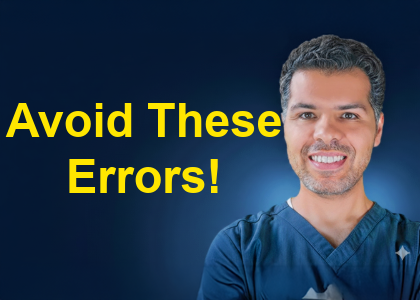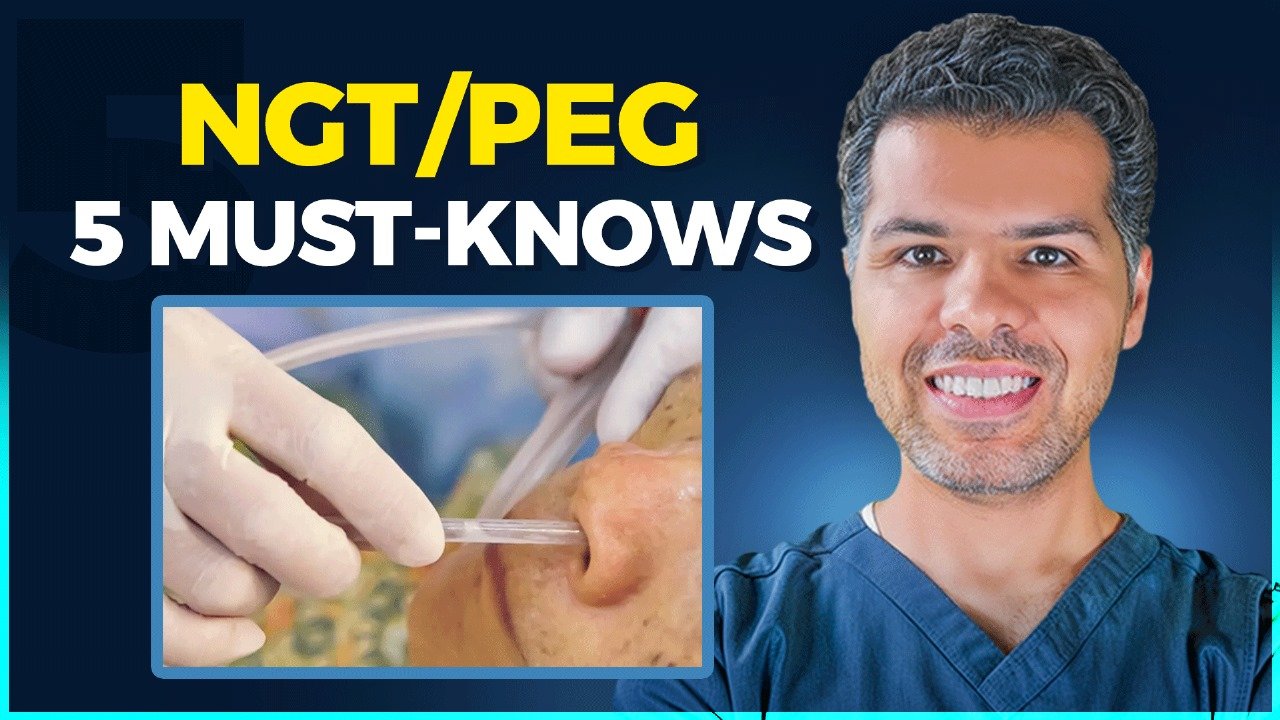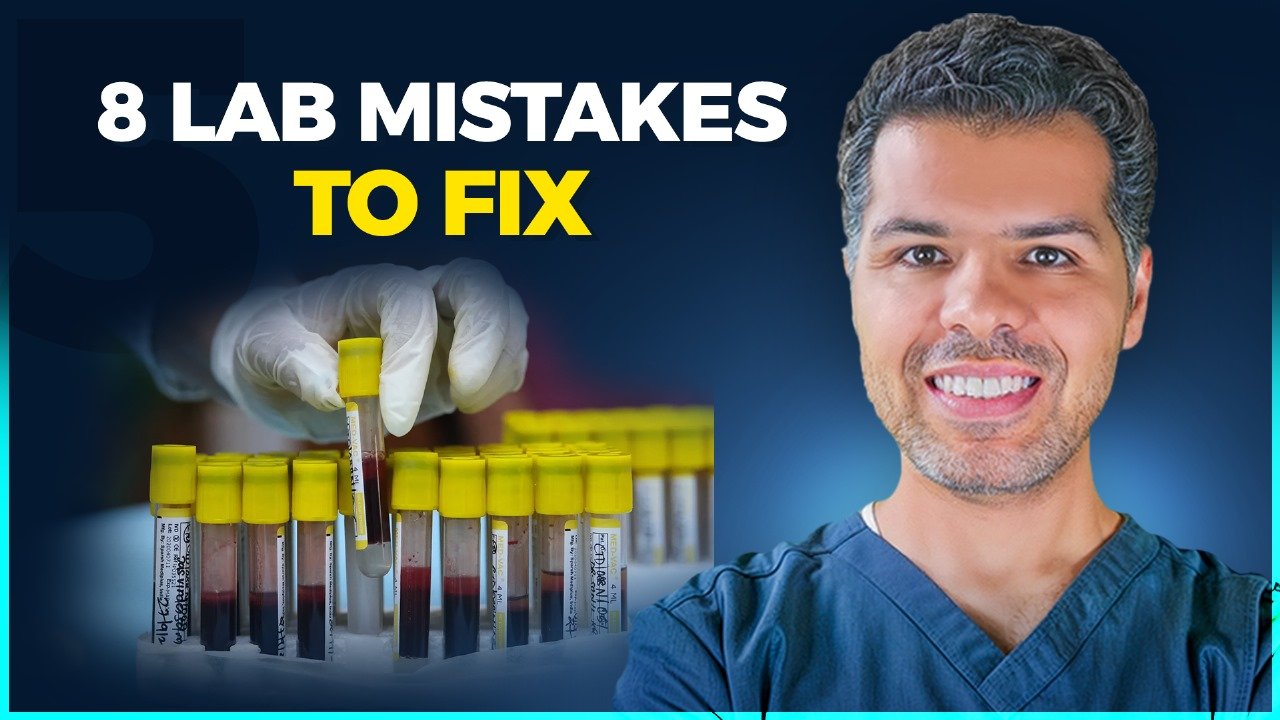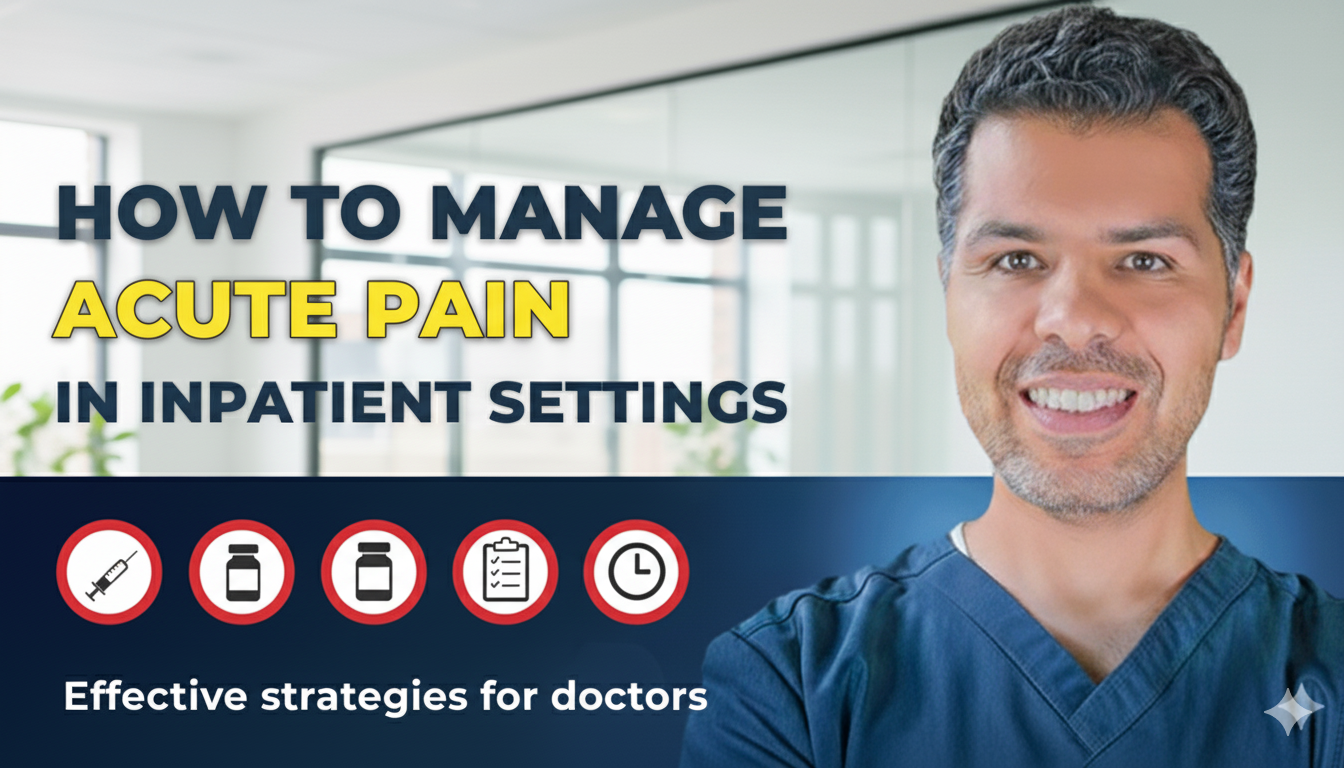NPO “Nill per os” which means nothing by mouth is the exception, not the rule! We must have a valid reason to keep our patients NPO and feed them as soon as the indication isn’t valid anymore!
Part of our daily rounding is to check whether your patient is on NPO status, and if so, reassess the necessity of this restriction. The last thing we need is to keep our patients fasting for no good reason.
NPO status can be:
- Strict where nothing is permitted.
- Nonstrict NPO where oral medications, ice chips, and sips of water are permitted.
Strict NPO
- Nothing permitted.
- Indicated in:
- 2 hours before a planned procedure.
- SBO/ileus.
- Acute abdomen (Anastomosis leak included).
- High risk for aspiration ( altered mental status, stroke affecting swallowing,..etc.).
- Esophageal perforation.
- Active GI bleed.
- Post-intra-abdominal surgery patients until cleared by their surgical team.
- Switch essential medications to their IV forms or IV equivalents.
- IV fluids are mostly indicated whether for resuscitation or maintenance which I discussed previously.
Nonstrict NPO
- Oral medications, ice chips, and sips of water are permitted.
- Indicated in:
- Intractable abdominal pain or vomiting.
- DKA/NKHH while still on insulin drip
- Pre-procedures NPO status.
- Acute pancreatitis, diverticulitis, and cholecystitis aren’t indications for NPO unless intractable pain or vomiting, in such a case, we keep them NPO until their pain and vomiting are under control.
- For DKA/NKHH, keep them nonstrict NPO until the anion gap is closed, the insulin drip is switched off, and basal insulin is started. In NKHH, we keep them NPO until they are mentally clear, their hyperglycemia under better control, and transitioned from insulin drip to basal/ bolus insulin.
Pre-procedures NPO guidelines
Clear liquid
Clear liquids include water, juices without pulp, coffee or tea without milk or cream, and carbohydrate drinks.
Full liquids
- Full liquids include milk products, formula, and other liquids with suspended particles.
Chewing gum that is swallowed is considered a solid food.
Guidelines:
- Clear liquids: Patients may have CLD up until two hours before the procedure.
- Nonhuman milk and other non-clear liquids: Patients may have milk and other FLD up to six hours before the procedure.
- Fatty food or meat – The patient may eat solid food up to eight hours before the procedure.
- For light meals/light snacks: Six hours of fasting can be adequate.
- Chewing gum: Patients can chew gum until two hours before sedation or anesthesia. However, we do not delay anesthesia for patients who chew gum beyond that time, unless the gum is swallowed.
- Medications: Patients should routinely take medications on the day of surgery with water or a clear liquid, ideally more than two hours before the scheduled procedure. For medications that must be taken within two hours of surgery (eg, forgotten doses, medications that must be administered on a strict schedule, or medications used as part of anesthesia), intravenous preparations are preferred. Oral medications within two hours of surgery should be taken with a sip of water.
- For patients who must take medications with a thickened liquid and who need oral medications within six hours of surgery, options include taking the medication with gelatin or clear jelly.
- Bowel preparation solutions like golytely are considered clear liquids.
- Oral contrast agents are considered full liquid, though some radiologists require the last dose ingested within four hours of the procedure.
inpatient Diet orders
- All patients should be on a regular diet except:
- Diabetic patients should be on a diabetic diet.
- Volume overload patients who should be on a low-sodium diet.
- Advanced CKD patients who are not on dialysis yet, need to be on a renal diet.
- I have ditched the cardiac diet and hepatic diet from my dictionary.
- For HD patients, I individualize their diet based on associated conditions and compliance.
- Studies showed improvement in diet compliance in these patients post-discharge.
- Patients have the right to refuse the recommended therapeutic diet! In such a case we order the diet they request and treat them accordingly.






Eight EKG patterns in acute MI we can’t afford to miss!
The top three antiemetics I rely on!
The use of 3% NS in hyponatremia, when and how.
The inpatient treatment of hypercalcemia
Hyperkalemia-induced EKG changes
The Proper Way to Replace Magnesium
Non-insulin diabetic medications
Chest Tubes & Pigtails: 5 Must-Know Tips for ICU Rotation